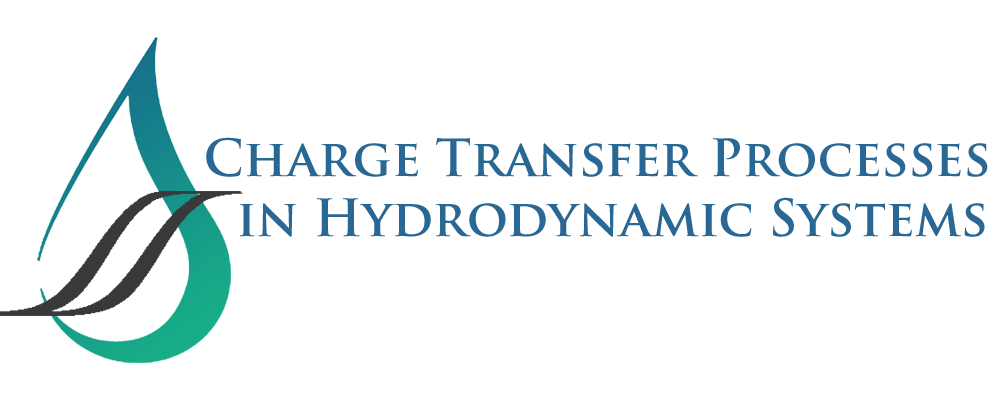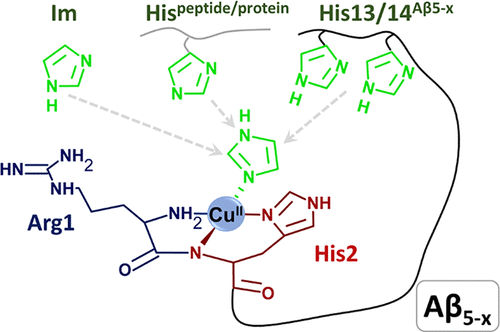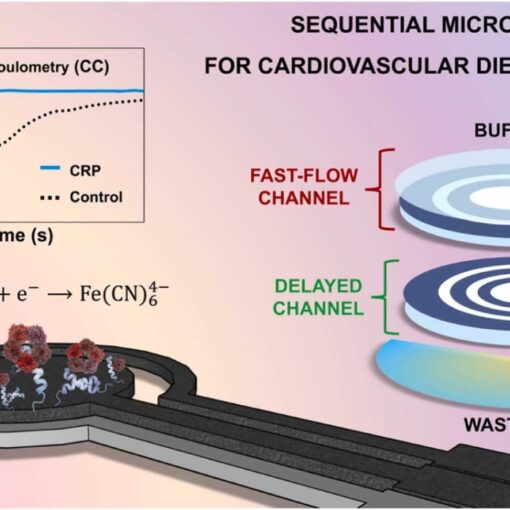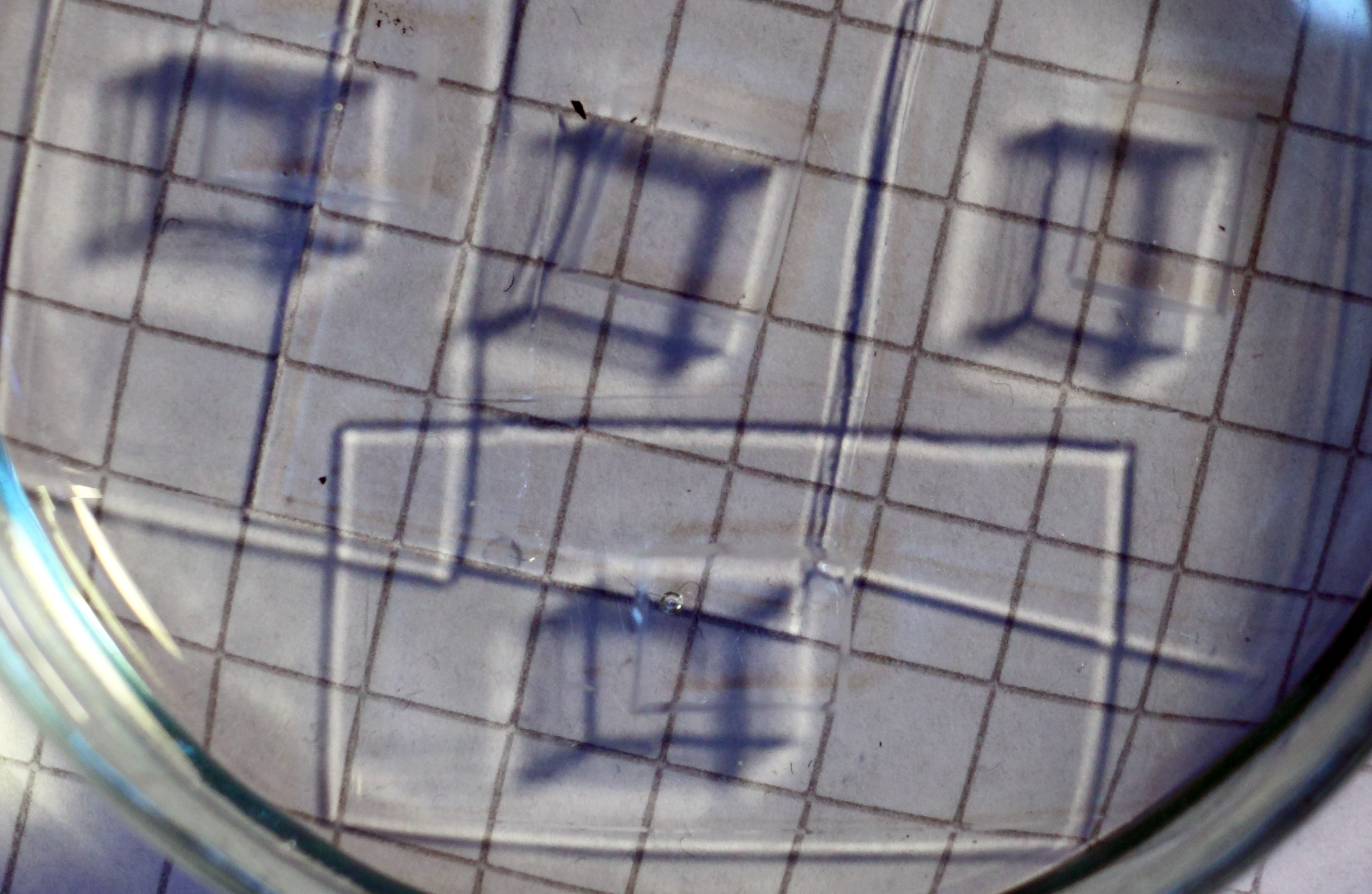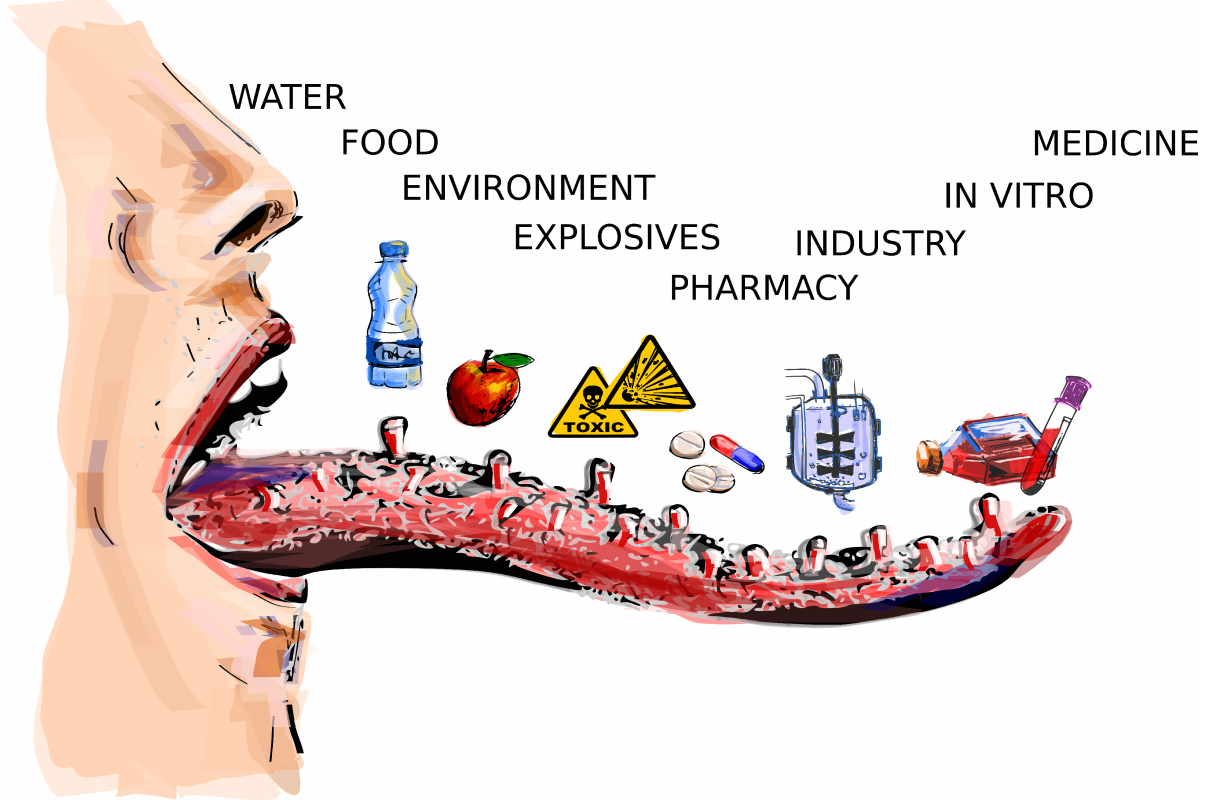
In a paper just accepted for publication in Analytical Chemistry Marta, Emilia, and Martin, together with Damien Arrigan from Curtin University, and our former intern Alexandra Pacowska, show how ion-transfer across the liquid-liquid interface can be studied in a paper-based system.
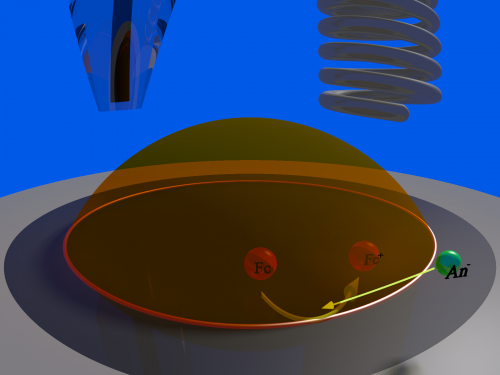
One of the problems when studying ion-transfer between an organic solvent and an aqueous electrolyte solution is that the liquid interface is quite easy to disturb. In the case of three-phase junctions, where the ion-transfer takes place along the line connecting the two liquids with the working electrode, this is usually done by immobilising a small droplet of organic solvent on an electrode and immersing it into the aqueous solution. (This is shown in one of the images in our rolling banner.) However, it is very easy to lose the droplet.
In this work, we soaked both the organic and the aqueous phases into pieces of paper and then stacked them with a gold mesh between. The mesh functions as working electrode. A platinum mesh as counter electrode and a standard Ag|AgCl reference are pressed into the aqueous paper on the top of the stack.
Using this setup we could reproduce the measurements performed in the droplet-based system, showing that our paper-setup works well, and can be described using the same theory as the one developed for the standard setup. This kind of system can be used for determining the transfer energy of ion between different solvents. But a common usage for ion-transfer is identification of which ions are in a solution. Here, three-phase junctions are not a great solution, and with some very simple computer simulations and experiments we show why this is.
M. Podrażka, E. Witkowska Nery, A. Paczowska, D. Arrigan, M. Jönsson-Niedziółka
Paper-based system for ion transfer across the liquid-liquid interface. Anal. Chem., accepted (2018). (link – first 50 downloads free.)
